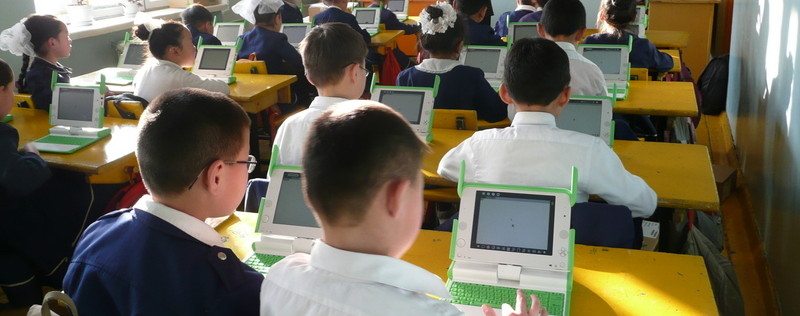Delayed school entry linked to poorer results
A team of scientists at Warwick University have led research revealing that a delay in starting school for summer-born or premature children may be linked with poor academic performance later in their school careers.
The research is published in the Journal of Developmental Medicine and Child Neurology.
Previously it has been believed that starting premature and summer-born babies at school later is beneficial, as it allows children more time to mature. However, the new research suggests that this wait has a negative effect.
The records of over 999 children born between 1985 and 1986 from Bavaria, Germany, were analysed as part of the study. Of these children, 472 were born prematurely. At the time, a community paediatrician would visit the children to assess them for school-readiness.
The test results of children who were held back a year and children who started school when expected were compared.
Tests from their first year of school were examined as well as their results in maths, reading, writing and attention from when the children were eight years old.
The study found that although there proved to be little difference in the first year tests between children who delayed starting school and those who did not, at the age of eight children who had started school later did not perform as well as their peers.
This difference in performance has been attributed to late-starters essentially missing out on a year of learning. More research needs to be carried out to see if this difference is still present later in the children’s school careers.
Dieter Wolke, Professor of Developmental Psychology and Individual Differences at Warwick Medical School, was involved in the research. He said: “Our findings came as a surprise.
“Contrary to our expectations, [the study] showed that holding the child back for a year to mature did not at all affect how the teachers rated the child, not better and not worse than those of similar ability before school who went to school at the assigned time.”
Mr Wolke added: “The findings indicate that missing out on education (about 8 months schooling) is related to poorer achievement at age eight to nine years. Our findings suggests that delaying school entry did not benefit the children but had adverse effects.”
“Thus children, also most preterm children may enter school at the assigned time but may be specially supported in the early years.”

Comments